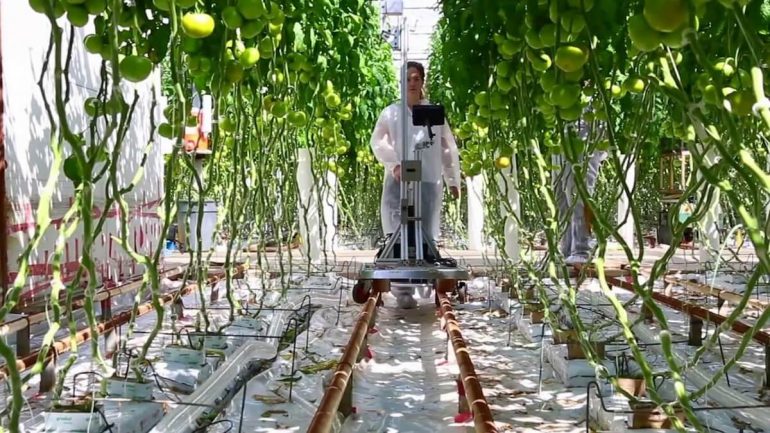Over the last two days, the federal government has made investments in three BC-based companies, which totalled to $9.3 million CAD.
Saltwater receives $4.4 million to clean up industrial wastewater
Saltworks Technologies Inc., a Richmond-based company that develops technology for industrial de-salination, yesterday received a $4.4 million investment from the federal government to support the disposal of wastewater.
This investment in Saltworks supports the AirBreather, a technology that disposes of wastewater in a cost-effective and environmentally safe way, which the government said is a challenge in the oil and gas industry. AirBreather removes the need for chemical pre-treatment and reduces wastewater volumes through evaporation.
“Innovative companies like Saltworks demonstrate how a strong economy and a clean environment go hand in hand.”
The product is expected to reduce costs in the shale gas industry in addition to reducing the greenhouse gas emissions that are associated with wastewater disposal. The government also hopes to create 20 new jobs at Saltworks through this investment.
“This investment will not only help the oil and gas industry reduce wastewater and greenhouse gas emissions, it also will reduce costs for the industry, helping to maintain jobs and create new ones,” said Minister of National Defence Harjit Sajjan. “Innovative companies like Saltworks demonstrate how a strong economy and a clean environment go hand in hand.”
This project received investment and support from Sustainable Development Technology Canada (SDTC), which aims to help Canadian entrepreneurs accelerate the development and deployment of competitive cleantech solutions. Saltworks’ other clean innovation, the SaltMaker, was also developed through an SDTC investment.
“Saltworks is proud to be the recipient of SDTC funding in support of our AirBreather demonstration project,” said Joshua Zoshi, COO of Saltworks. “We look forward to establishing this developed-in-Canada technology as the leading solution for economic and sustainable treatment of produced water in Canada’s shale gas industry.”
Indigenous Digital Accelerator Centre receives $1.9 million
Vancouver-based Capilano University’s new Indigenous Digital Accelerator Centre, a space for Indigenous entrepreneurs to start-up or scale-up their own digital and creative businesses, has received a $1,937,500 investment from the federal government.
Capilano University partnered with Indigenext, an Indigenous business accelerator, to provide hands-on mentoring and technical advice to Indigenous entrepreneurs. Through this accelerator, Indigenous elders will also be available to mentor students. The government said this program will contribute more than $13 million into the Canadian economy over the next three years.
“The new Indigenous Digital Accelerator represents a tremendous opportunity for our university to boost collaboration with our Indigenous partners and further support Indigenous individuals, businesses and groups to enhance skill sets that contribute to strengthening the digital and creative sectors in BC,” said Laureen Styles, vice president academic and provost at Capilano University.
The money from this invesetment comes from the Ministry of Innovation, Science and Economic Development, as well as Western Economic Diversification Canada.
The government stated, there is now a high demand for Indigenous entrepreneurs and storytellers to turn traditional knowledge into digital solutions for BC’s budding creative and technology sectors.
AgTech Ecoation receives $3 million for greenhouse robot
Ecoation, which has developed a fully autonomous scout robot that monitors the health of plants, has received an investment of $3 million to increase the crop yield of greenhouse growers.
According to the BC Greenhouse Growers’ Association, growers lose up to 10 percent of their crops to pests and diseases each year. Vancouver-based Ecoation’s autonomous AI-powered technology, which makes use of robotics, light, and laser-based chemical measurement for pest management, detects early signs of stress in plants in large-scale farms and greenhouses.
“Our platform captures and digitizes the knowledge of growers and translates the signals of stressed plants before symptoms become visible,” said Saber Miresmailli, founder and CEO, Ecoation. “We use robotics and AI to expand growers’ presence and push their knowledge beyond the boundaries of time and geography. Through this platform, we can pinpoint issues at the earliest stages and eliminate the need for pesticide applications.”
The government stated that this technology will increase the crop yield of greenhouse tomato growers, while reducing spoilage and removing the need for pesticides, which can be harmful to the environment. The government hopes this investment will create 23 jobs at Ecoation.
Image courtesy Ecoation.


